April 20, 2025 | 20:38 GMT +7
April 20, 2025 | 20:38 GMT +7
Hotline: 0913.378.918
April 20, 2025 | 20:38 GMT +7
Hotline: 0913.378.918
According to Mr. Le Minh Hoan - Minister of Agriculture and Rural Development, only focusing on one thing may cause you to lose sight of other matters. Animal feed is a matter of great importance in our journey of realizing the “2021 - 2030 Strategy for Sustainable Agriculture and Rural Development - vision to 2050” since our main direction is “gradually self-reliant in terms of core materials” such as seeds, feeds and fertilizers.
Our agriculture is full of problems. One of which is the dependence on imported materials and inputs: 50-60% in the field of cultivation; 70 - 80% in husbandry; 90% in fisheries. In many conferences I have mentioned that the growth of the agriculture sector has not been parallel with people’s income. Because our growth is based on increasing input costs. We only have statistics on yields and prices, but looking from an economic perspective, we have to talk about costs and techniques.
Input cost is the most important factor. So far we have only some vague conception about that issue, but there has not been any really thorough research. Because if we did, we could have seen the problem above much clearer.
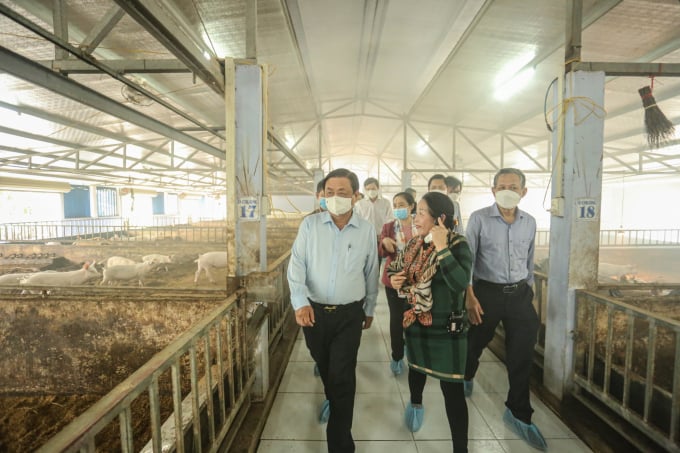
Minister of Agriculture and Rural Development Le Minh Hoan visited Que Lam Group's organic pig farm established in the direction of circular agriculture in Thua Thien - Hue.
I always feel enthralled when reading documents about how countries like China and Thailand have adapted to the fast change of the world, the soaring input prices for farming, livestock and aquaculture industries. Transitions have been made, and they are fast. These countries promote circular agriculture to make full use of by-products, reducing production costs. It’s like they are marching on a revolutionary quest for self-reliant agriculture.
The issue of reducing dependence on imported feeds has been discussed many times, but unfortunately we have not pursued it to the end. We fully understand that our comparative advantage in terms of raw material production is inferior to many countries in the world. They produce corn and soybeans on a unit area of up to several thousand hectares, while our production unit is a few square meters. We also lack synchronous technology, so the production cost remains high.
With reality as it is, we must dig deeper and think harder to find a new approach. Looking from the Covid-19 pandemic to the disruption of the agricultural supply value chain due to the Russia-Ukraine conflict, we now see that the world is constantly moving and forever changing.
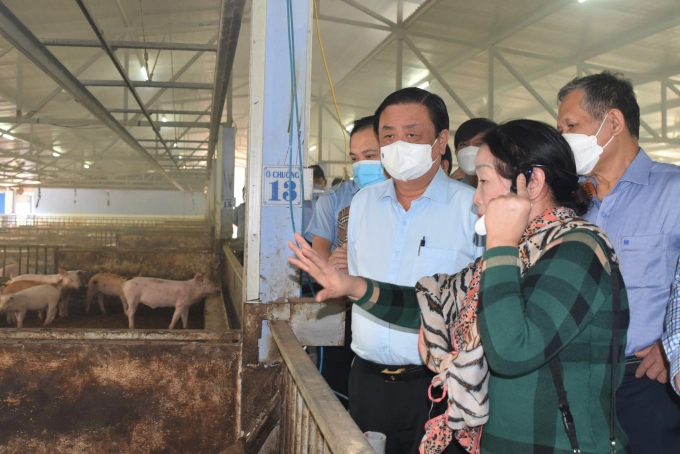
The 4F biosafety farming complex is becoming a school for farmers in many localities. Photo: Hoang Anh.
Last October we visited a large-scale pig farming cooperative on the outskirts of Hanoi. The director of the cooperative there said that corn raw materials for the bran were mainly imported, but the cooperative often bought a portion of corn in reserve in the northwestern provinces of our country.
I asked, "I heard that corn price in the country is higher than that of imported corn, so what led you to that decision?", the Director then answered, "It’s actually not a big deal. There are 12 months in a year, so there are times when corn price in the country is lower than imported corn. I just need to time it. Although the purchased corn did not completely replace the imported amount, a partial replacement is possible.”
Nothing is too hard to do, only that no one wishes to do it. Every problem has its solution, but the important thing is whether we think about it enough. Successful people find solutions, and unsuccessful people find excuses, and finding excuses is easy.
We need to think this through. The simplest form can be farmers taking sweet potatoes (stalks and leaves) in the field or banana stems in the garden, mixing them with refined food to add extra padding and reduce costs. If we standardize from those processes, plus the research of scientists coming up with treatment technologies and equipment, we will be able to create appropriate technological procedures for farmers.
Regarding new rural construction programs in the future, an essential orientation is that each village have a cooperative specialized in collecting and processing animal feed from agricultural by-products. The previous new rural movements often competed in production without paying attention to logistics services, by-products collection for processing, and services that create added value.
If we can raise this issue, we will be able to create many jobs in rural areas. In China, just the profession of buying coffee grounds has created jobs for tens of thousands of people. With integrated thinking we can change the shape of the household economy and rural economy. And from that story we will establish branding for Vietnamese agricultural products.
Translated by Samuel Pham
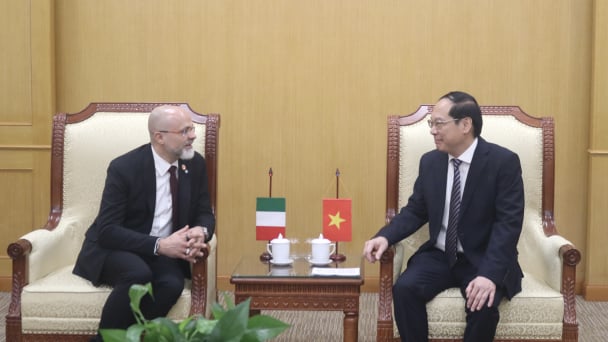
(VAN) During the working session with Deputy Minister Le Cong Thanh, Professor Francesco Corvaro, Italian Climate Change Envoy, reaffirmed Italy's commitment to supporting Vietnam in climate change response.
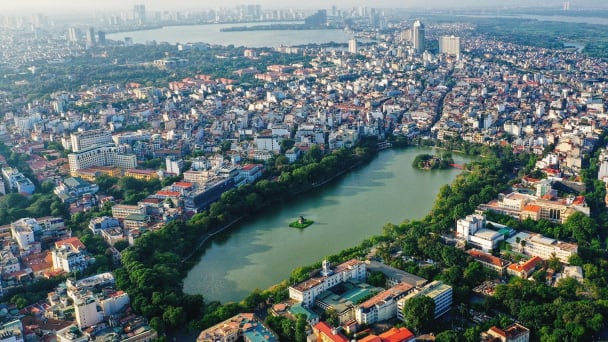
(VAN) After the merger, key leadership personnel of the provinces must consult with the General Secretary, key leaders, and the Standing Secretariat.
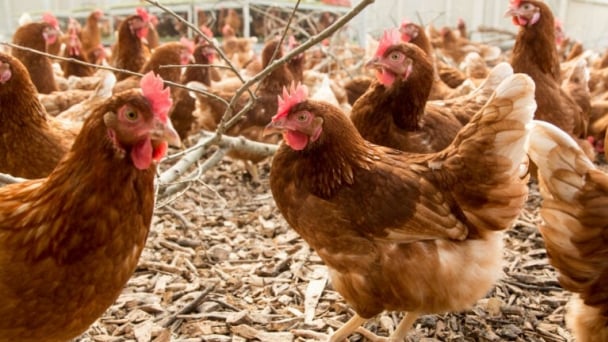
(VAN) The latest Business Benchmark on Farm Animal Welfare (BBFAW) reveals steady progress on farm animal welfare across the global food industry.
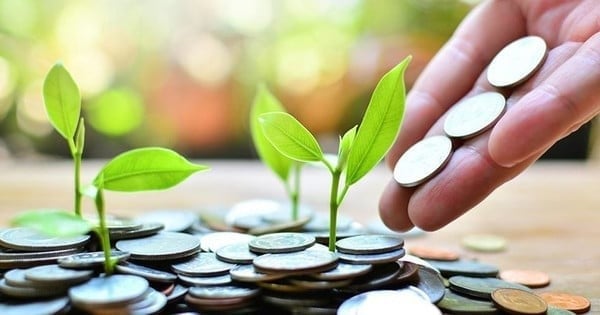
(VAN) Green credit is a financial policy that effectively supports environmentally friendly projects and activities today.
/2025/04/09/1049-2-165919_630.jpg)
(VAN) With a revenue of less than VND 30 billion/year, packaging producers are exempted from EPR liability under Decree No. 05/2025 newly issued.
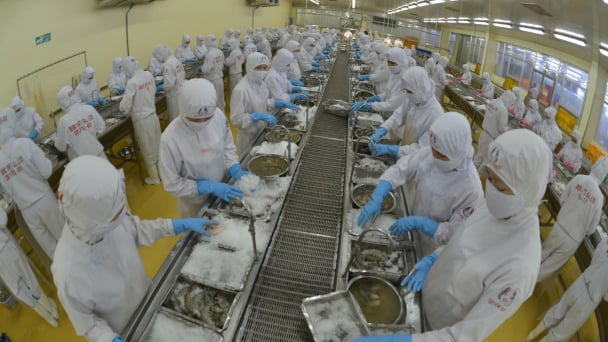
(VAN) Ministry of Agriculture and Environment has issued an Action Plan for sector's development in the coming period, aiming for a growth rate of 4% or higher and an export turnover of USD 65 billion.
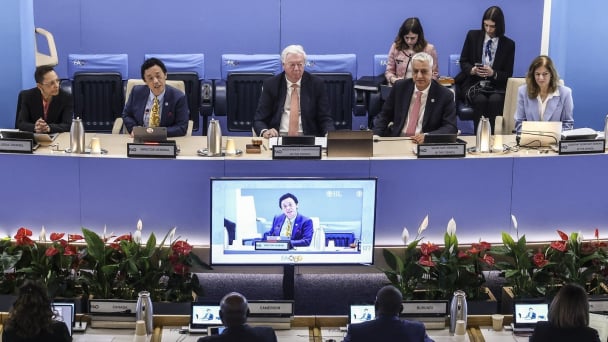
(VAN) The 177th Session of the FAO Council opened on Monday at the Organization’s headquarters in Rome.